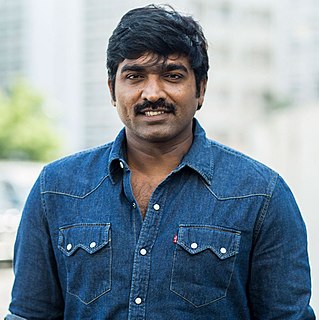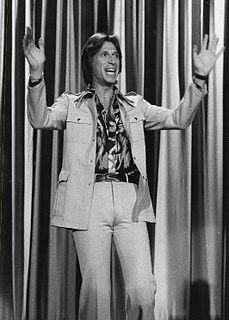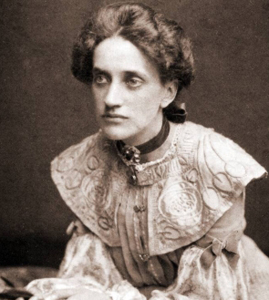A Quote by John Pugsley
The consumer gets the best deal when the product is cheapest, and the product is cheapest when people can freely compete in the market place.
Related Quotes
When the functionality of a product or service overshoots what customers can use, it changes the way companies have to compete. When the product isn't yet good enough, the way you compete is by making better products. In order to make better products, the architecture of the product has to be interdependent and proprietary in character.
The company that employed me strived only to serve up the cheapest fare that the customer would tolerate, churn it out as fast as possible, and charge as much as they could get away with. If it were possible to do so, the company would sell what all businesses of its kind dream about selling, creating that which all of our efforts were tacitly supposed to achieve: the ultimate product -- Nothing. And for this product they would command the ultimate price -- Everything.



































